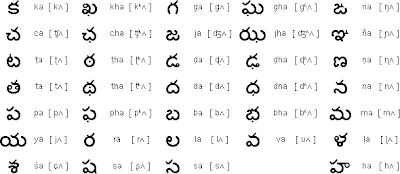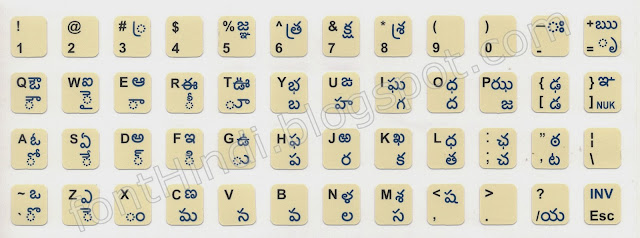

George Abraham Grierson and other linguists doubt this derivation, holding rather that Telugu was the older term and Trilinga must be the later Sanskritisation of it. Brown made a comment that it was a "strange notion" since the predecessors of Appa Kavi had no knowledge of such a derivation. Appa Kavi in the 17th century explicitly wrote that Telugu was derived from Trilinga. Īnother view holds that Atharvana Acharya in the 13th century wrote a grammar of Telugu, calling it the Trilinga Śabdānusāsana (or Trilinga Grammar). The name Telugu, then, is a result of an "n" to "l" alternation established in Telugu. Tenugu is derived from the Proto-Dravidian word *ten ("south") to mean "the people who lived in the south/southern direction" (relative to Sanskrit and Prakrit-speaking peoples). Older forms of the name include Teluṅgu and Tenuṅgu. Speakers of Telugu refer to it as simply Telugu or Telugoo. Etymology Ĭlass=notpageimage| Locations of Trilinga Kshetras Roughly 10,000 pre-colonial inscriptions exist in the Telugu language. It is also a protected language in South Africa and is offered as an optional third language in schools in the KwaZulu-Natal province. It is also the fastest-growing language in the United States, where there is a large Telugu-speaking community.


With over 81 million native speakers as per the 2011 census, Telugu is the fourth most spoken language in India and 15th in the world in the Ethnologue list of languages by number of native speakers. It is also spoken by members of the Telugu diaspora spread across countries like United States, Australia, Canada in the Anglosphere Myanmar, Malaysia, South Africa, Mauritius and the Arabian Gulf countries of UAE, Bahrain, Saudi Arabia etc. Telugu is also a linguistic minority in the states of Karnataka, Tamil Nadu, Maharashtra, Gujarat, Chhattisgarh, Orissa, West Bengal, and the union territories of Puducherry and Andaman and Nicobar Islands. Telugu is one of six languages designated as a classical language (of India) by the Government of India. It is one of the few languages that has primary official status in more than one Indian state, alongside Hindi and Bengali.

It is the most widely spoken member of the Dravidian language family and one of the twenty-two scheduled languages of the Republic of India. Telugu ( / ˈ t ɛ l ʊ ɡ uː/ తెలుగు, Telugu pronunciation: ) is a Dravidian language spoken by Telugu people predominantly living in the Indian states of Andhra Pradesh and Telangana, where it is also the official language. List of languages by number of native speakers in India Constitutionally recognised languages of IndiaĢ2 Official Languages of the Indian RepublicĮighth Schedule to the Constitution of India


 0 kommentar(er)
0 kommentar(er)
